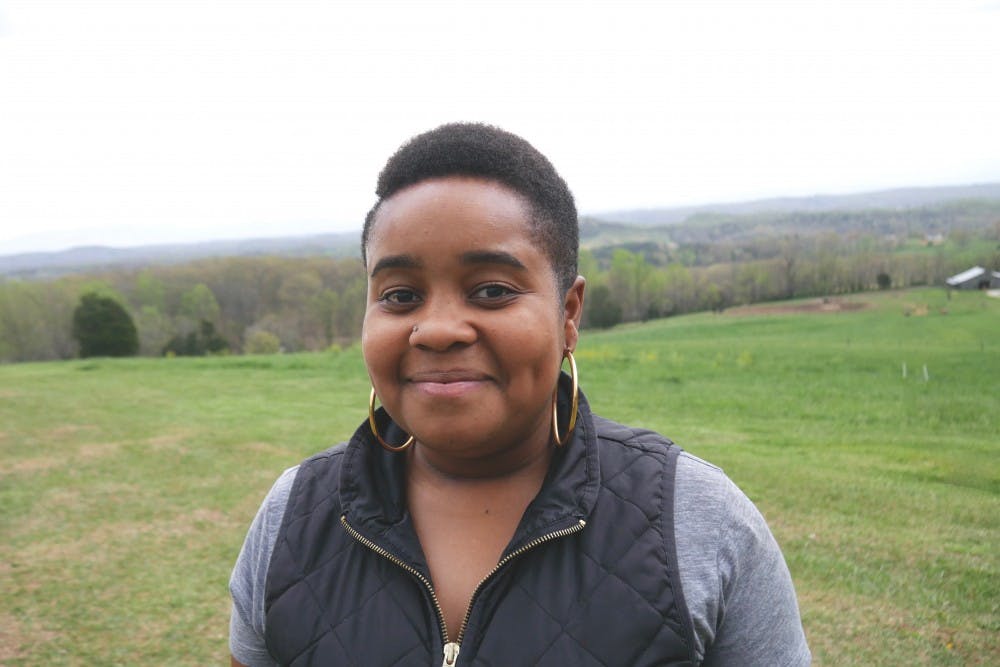Danielle Purifoy spent many weekends at UNC during middle and high school as part of the North Carolina Mathematics and Science Education Network, a program to introduce students to STEM fields.
This year, Purifoy returned to the University as a fellow of the Carolina Postdoctoral Program for Faculty Diversity.
“It’s good to be back on campus as an adult,” Purifoy said. “It kind of felt like a bizarre homecoming. All of this is very full circle for me in a lot of ways.”
Launched in 1983, the Carolina Postdoctoral Program for Faculty Diversity aims to prepare underrepresented scholars for faculty.
“We develop scholars for tenure track positions here at UNC and other research institutions, and I guess what makes this program different from other postdoctoral programs is the focus on hiring for faculty and providing them protected time to conduct their research,” said Sibby Anderson-Thompkins, director of the Office of Postdoctoral Affairs and special assistant to the vice chancellor for research.
Purifoy will spend the next two years as a postdoctoral scholar within the geography department. Her research focuses on political geography and environmental inequality.
Purifoy's first encounter with these topics occurred when she moved to North Carolina at the age of six. Her father had gotten an assignment to from the National Health Corps to work at a medical clinic in Soul City, a Black town founded by civil rights leader Floyd McKissick.
“I used to go visit him at that clinic whenever I could, it’s about an hour and a half from Durham, and I would say, in hindsight, that was my first sort of interest, it sort of sparked my first interest in Black towns,” Purifoy said. “If I had to sort of mark something that really got me attracted to ideas about race, I think Soul City was it.”
After graduating from Vassar College in Poughkeepsie, New York, with majors in English and political science in the spring of 2006, Purifoy worked for City Year in Louisiana in the aftermath of Hurricane Katrina.



